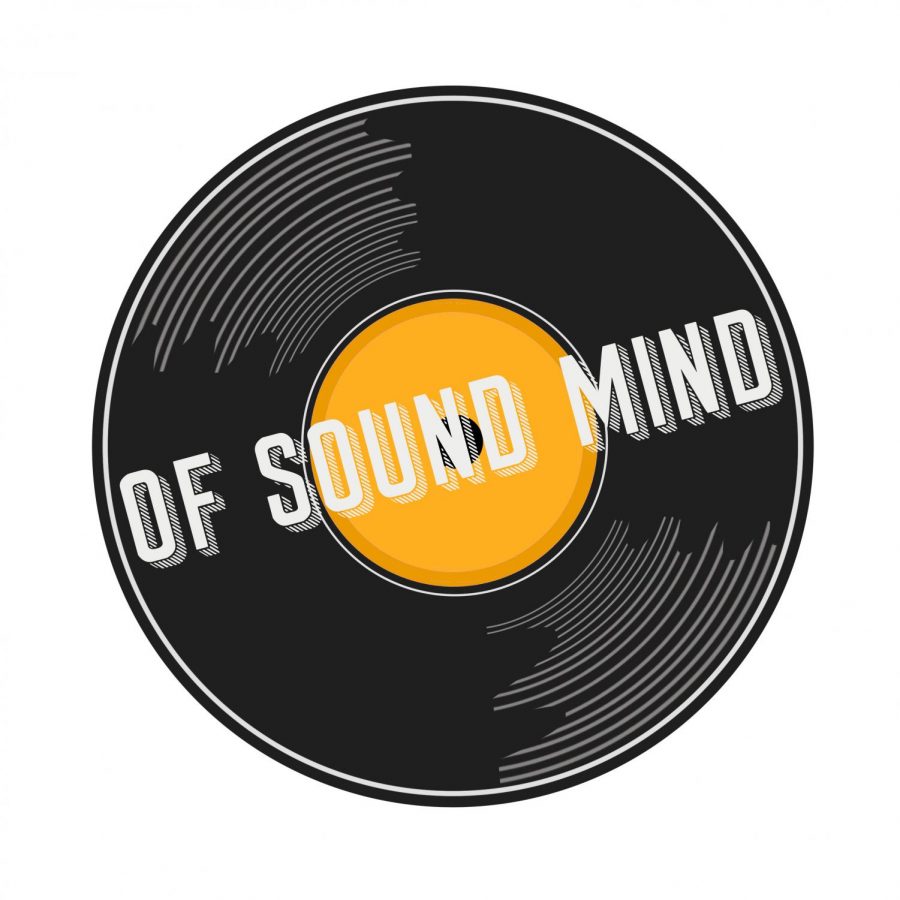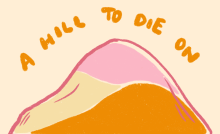Of Sound Mind | Phoebe Bridgers’ “Punisher”


For the millions of people out there who, in the wake of the good news about a vaccine (and, possibly, about a certain election), are just too damn happy about the way 2020 is going, Phoebe Bridgers’ most recent album may be the antidote you’re looking for.
I suppose wallowing in brilliantly written songs has some value for everyone, though.
https://www.youtube.com/watch?v=Tw0zYd0eIlk
“Punisher,” released June 18, is Bridgers’ highly anticipated second studio album, and it’s a subtle journey through her indie, emo-folk stylings. Each song is a story or an impressionistic painting held together by her succinct lyricism and undergirded by guitars and keyboards, forming a hazy and emotionally impactful whole.
Bridgers has had an eventful last several years, beginning with her well-received 2017 album “Stranger in the Alps.” In addition, many fans found her through her numerous collaborative projects, including her work with Lucy Dacus and Julien Baker through their band Boygenius, her band Better Oblivion Community Center with Conor Oberst and her feature on “Jesus Christ 2005 God Bless America” by The 1975.
“Punisher” was set to be released June 19, and unlike some other artists, Bridgers did not delay her album due to either COVID-19 or the killing of George Floyd and the protests that followed. Instead, she released it a day early, tweeting, “I’m not pushing the record until things go back to ‘normal’ because I don’t think they should. Here it is a little early. Abolish the police. Hope you like it.”
“Garden Song,” one of the more folksy songs on the album, was the first single. It’s a strange meditation on manifesting good (or bad) things, murder and hope, with the chorus sung by both Bridgers and her Dutch tour manager, who sings a haunting and beautiful two octaves below her. As is typical with Bridgers’ lyricism, the song features lyrics that seem specific and real, and yet undeniably poetic, like, “I’ll plant a garden in our yard, then / They’re gluing roses on a flatbed / You should see it, I mean thousands / I grew up here, ’til it all went up in flames.”
The second single, “Kyoto,” is the most upbeat song of the album, a sardonic, fun indie-rock song about Bridgers being on tour in Japan. Again, the song feels strangely impressionistic (Bridgers herself has given varying interpretations) given the relatively specific lyrics like, “You called me from a payphone / They still got payphones / It cost a dollar a minute / To tell me you’re getting sober.” The track almost feels like an indie-rock cliche in its instrumentation and melody, but comes off like a joke the audience is in on, mostly due to the poeticism.
It’s hard to pin Bridgers down into a particular genre. “Graceland Too,” the album’s penultimate song, which Bridgers sings with her Boygenius bandmates, is a sudden country-folk song following a few ambiently trippy rock songs. The banjo-led song is a warm ode to caring for friends who have a hard time caring for themselves — it’s yet another song where Bridgers finds a particular type of melancholy that many people have experienced but few have conceptualized.
While Bridgers’ lyricism makes the album come off like a solo project, there are quite a few collaborators featured on various songs. Dacus and Baker of Boygenius, Oberst of Better Oblivion Community Center and Nathaniel Walcott of the band Bright Eyes all show up at various points of the album, along with many other musicians. Some of them, like Oberst, even helped write the lyrics.
There’s a type of song that comes on a radio station or a playlist, and I hear the first few chords and press skip. It’s not because I don’t like the song, but because I don’t particularly feel like crying right then and there. Bon Iver’s “Skinny Love” fits into this category — it’s one of my favorite songs, and I hardly ever listen to it.
The unwillingness to experience what some art creates leads me to question whether that is a strength or a weakness of the piece in question. Does the difficulty of watching “Schindler’s List” subtract from the incredible importance of the film, or add to it? I think there can only be one correct answer, and it’s that there’s a difference between great art and fun art. Some of the greatest works humans have ever produced are terrible to behold.
I ask these questions because I can hardly listen to “Punisher.” I believe I’ve made it through three songs before needing to press pause, and maybe not even that. A part of me wants to say some banal critics’ cliche to dismiss my emotional response to the album as a problem with the album itself. Some part of me wants to call the middle four songs of “Punisher” boring and ambient, because it’s too difficult to call them completely, emotionally devastating.
But I can’t discount their resonance. “Punisher” is not a perfect album — the instrumentals leave something to be desired and some of the ambient songs do drag on a little bit — but its ability to wrap you up in its characters and feelings is exceedingly rare.
Right up until the last song, “I Know The End,” a triumphant, metal-esque ode to the nostalgia of a repeated road trip and the postapocalyptic feelings the passing of time can engender, “Punisher” is gripping, terrifying, beautiful and poetic. I give it an 8.7/10.
Lucas DiBlasi is a music composition and digital narrative and interactive design double major. You can write to him at LND28@pitt.edu.
Recent Posts
Porch roof collapse injures dozens during party on Semple Street
The roof of a porch on Semple Street collapsed during a St. Patrick’s Day celebration…
A Good Hill to Die On // Break It Down
In this release of “A Good Hill to Die On,” I dive deep into the…
Who Asked? // Does growth only “count” if it’s quantifiable?
This installment of Who Asked? by staff writer Brynn Murawski wonders why it feels like…
“They’re throwing trans people under the bus”: Counseling center faces backlash after event name change
On Feb. 24, Pitt’s Counseling Center faced backlash after briefly renaming an event from "LGBT…
Q&A: Meet the 2024-2025 SGB president and vice president
SGB announced the 2024-2025 election results at their meeting on Tuesday. The Pitt News spoke…
Editorial | Pitt Administration must listen to its students’ electoral demands
The passing of these referendums does not guarantee a future Pitt with these policies. Merely,…
